Can my dog eat this? 50 human foods dogs can and can't eat
Pets

Audio By Carbonatix
By Frederick Reese, Stacker
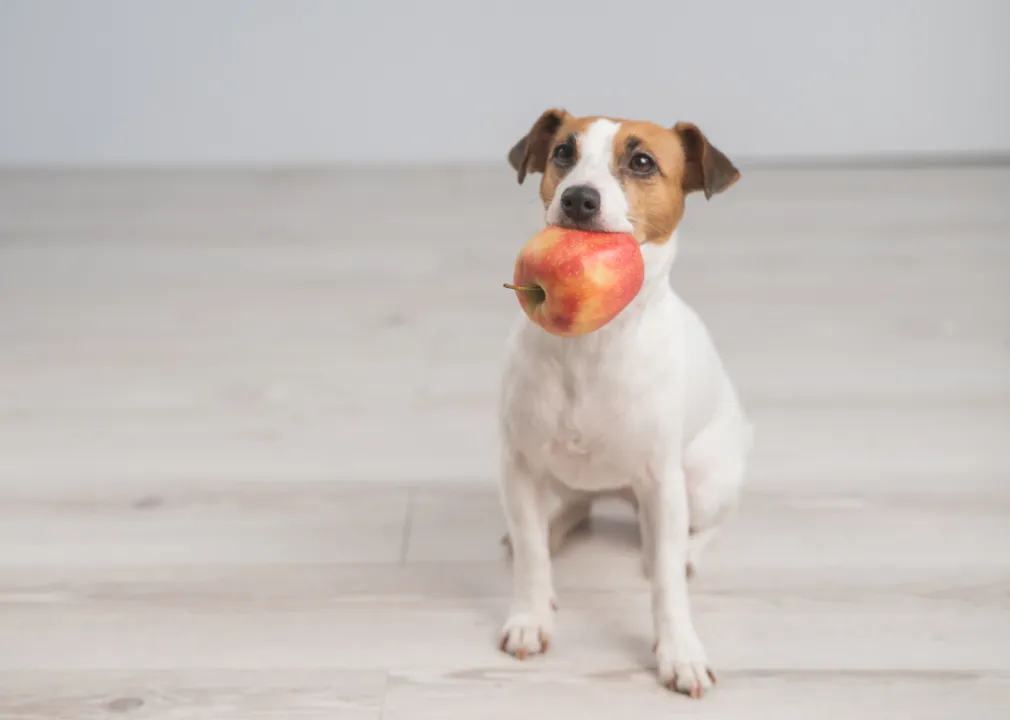
Can my dog eat this? 50 human foods dogs can and can't eat
Americans love their "fur babies." Per the 2024 American Pet Products Association's annual survey, 64% of American households have at least one pet. Dogs tend to be the most common, appearing in 45% of American households.
Dogs are amazing animals. One of the smartest domesticated animals, the typical canine has the intelligence and emotional capacity of a 2-year-old human. Dogs have been shown to not only understand a limited vocabulary, but also the ability to be trained to respond to specific commands, to recognize tones of voice, and to respond to danger. Dogs have also shown the capability to be intimidated and show fear, to protect the vulnerable and incapacitated, to recognize right and wrong and show shame, to be grateful, and to offer emotional support and love. Most dogs can also recognize items by name and do simple math. It is no wonder that many dog owners come to recognize their dogs as members of the family.
Given this, it is tempting to share with our dogs the food we eat. Dogs are meat-preferring omnivores; unlike cats, which must eat an almost meat-exclusive diet, dogs can and sometimes prefer a starch-rich diet. Unlike other omnivores, like humans, dogs cannot simply forego meat. A new study by the University of Liverpool released on May 15, 2024, debunks an earlier report from 2022 that claimed the benefits of a vegan diet for dogs. Dogs need a regular supply of taurine, vitamin D, and arginine, which are usually derived from meat.
With pet food costs increasing by about 30% from 2019 to 2024, it is understandable that dog parents are looking for alternatives to traditional store brand options. However, on a fundamental level, dogs are unique metabolically. They have special nutritional needs and considerations. While there are many things we eat that can be fed to our dogs, most should be avoided. For example, processed foods generally have a large amount of salt, sugar, and other spices. Dogs do not do well with these, as they may cause unexpected metabolic reactions or otherwise agitate their digestive tracts.
Using a variety of authoritative, expert-backed sources, Stacker independently compiled a list of 25 human foods dogs can eat, and 25 human foods dogs should not eat. The list alternates between "yes" and "no" foods, but otherwise are not ranked in any particular order. It's valuable to note that overall moderation is key—in small doses, some "no" foods on this list may not affect your dog, but this list highlights food that should be avoided.
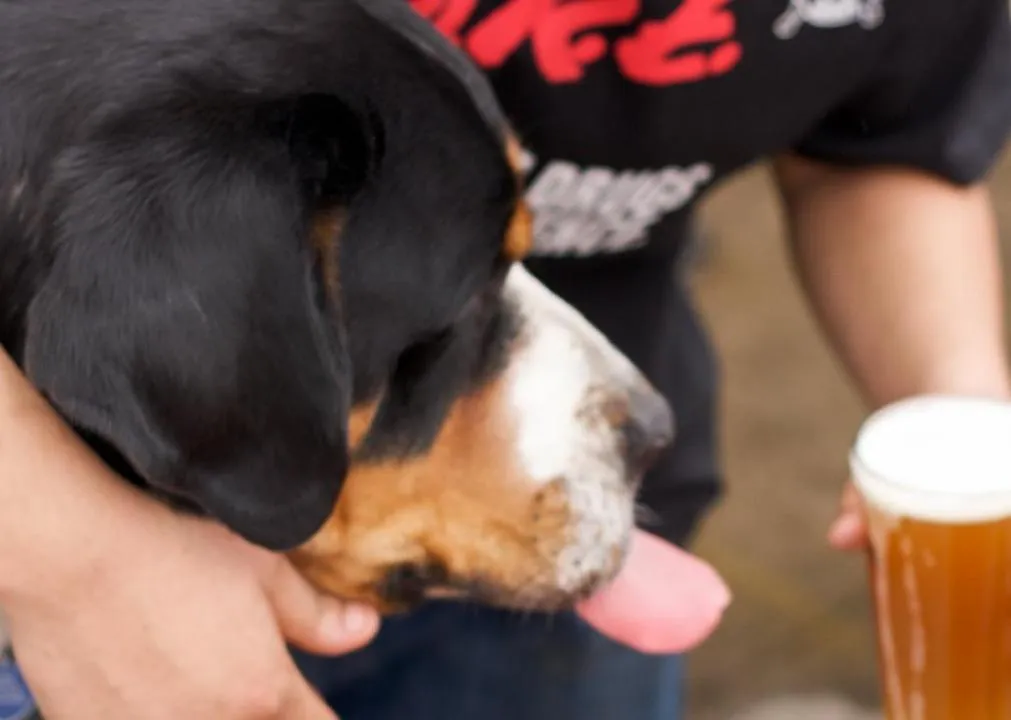
No: Alcohol
There may be an impulse by some of us to share a drink with our four-legged best friends. We may also be inclined to feed our dogs foods that were cooked with alcohol. Both are bad ideas. Alcohol is a toxin, and it just happens that humans developed strategies over time to deal with ingesting small quantities of it. Dogs never developed this; giving a dog alcohol may cause a serious lack of coordination, difficulty breathing, and maybe even coma and death. If you insist on drinking with your dog, search for "bowser beer," "dog wine," or "dog-safe beer" online.
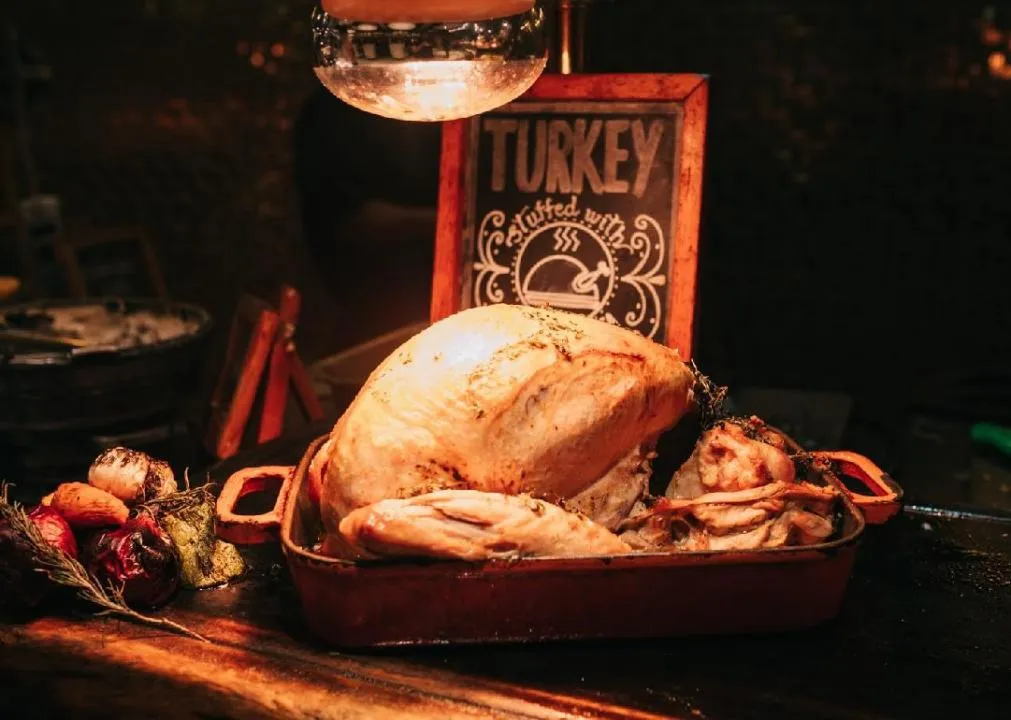
Yes: Lean meats
Lean cooked meats, such as pork, chicken, or turkey are fine for your dog, given you feed it to them in moderation and the meat is unseasoned. Dogs cannot tolerate most spices.

No: Grapes
Under no circumstances can a dog eat grapes. This includes raisins, wine, vinegar, or any other grape-derived products. Grapes cause renal failure in dogs. Even a small amount—a handful of grapes—is enough to be fatal.
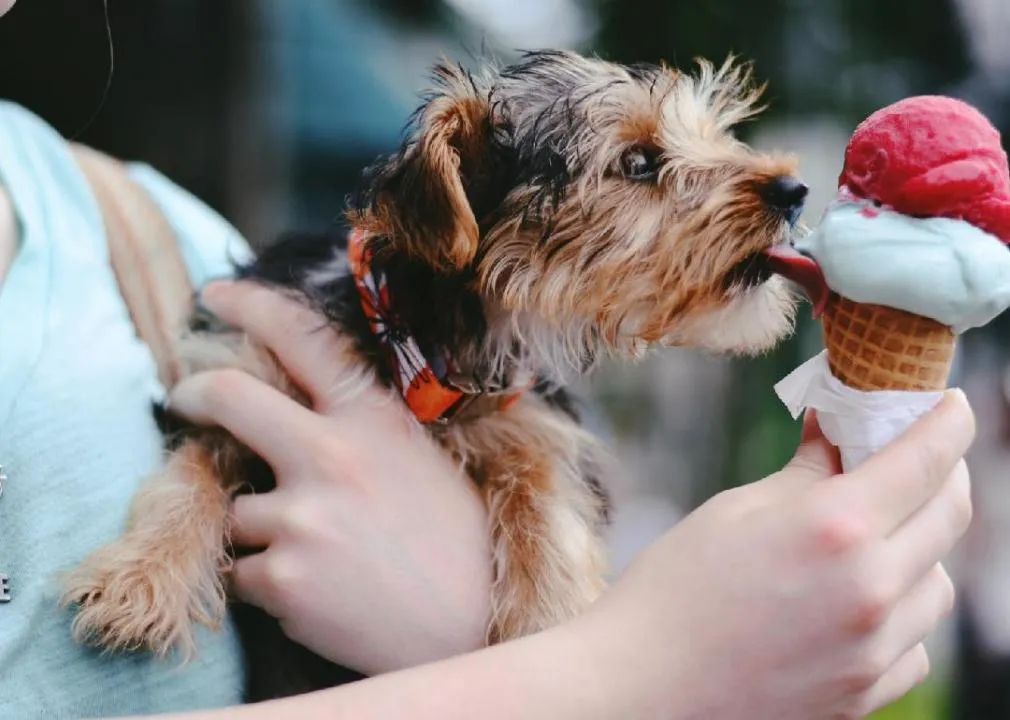
Yes: Dairy products
While dogs are largely lactose-intolerant (more on that later), processed milk products—such as cheese, ice cream, and yogurt—are fine in small amounts. You should pay attention to the first time you feed your dog a dairy product; if he vomits or contracts diarrhea, your dog does not have enough lactase to digest any dairy products.
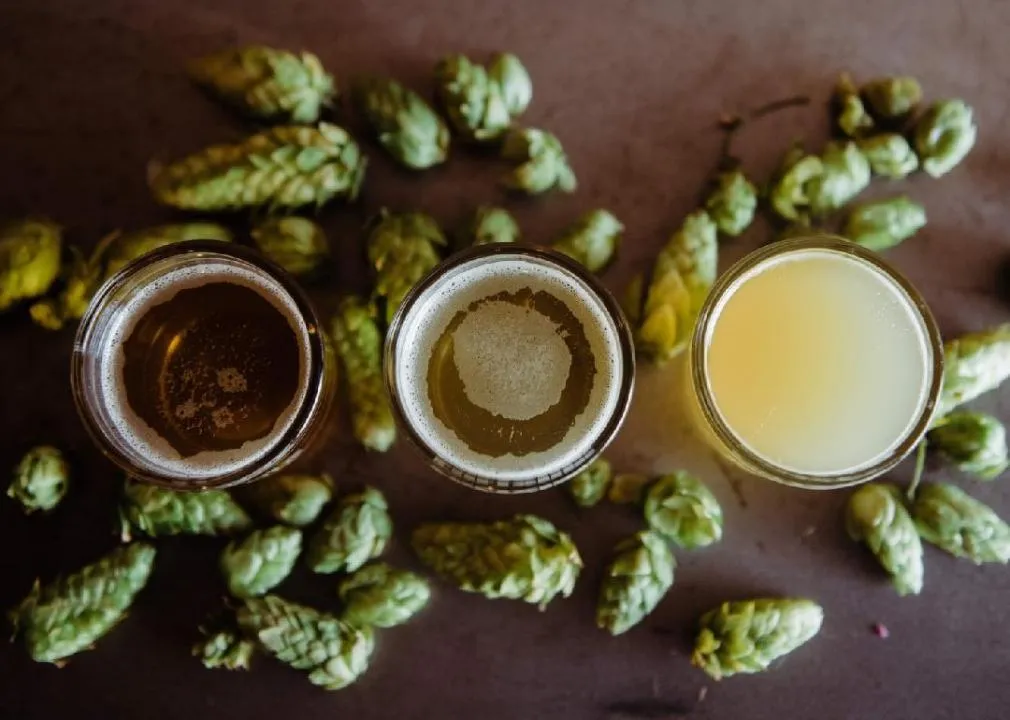
No: Hops
Going back to beer, if you think "well, I can't drink full alcohol beer with my dog, but the non-alcohol version should be fine," you're wrong. Dogs cannot metabolize hops, the primary flavor component in beer. Hops will cause vomiting, an increased heartbeat, and possibly death in dogs.

Yes: Apples
Apples are great for dogs, as they provide them with vitamins A and C, as well as dietary fiber. However, you should not feed dogs apple cores, as apple seeds contain cyanide. You should also not feed dogs rotting apples, as they may be fermenting into alcohol, a toxic substance for them.
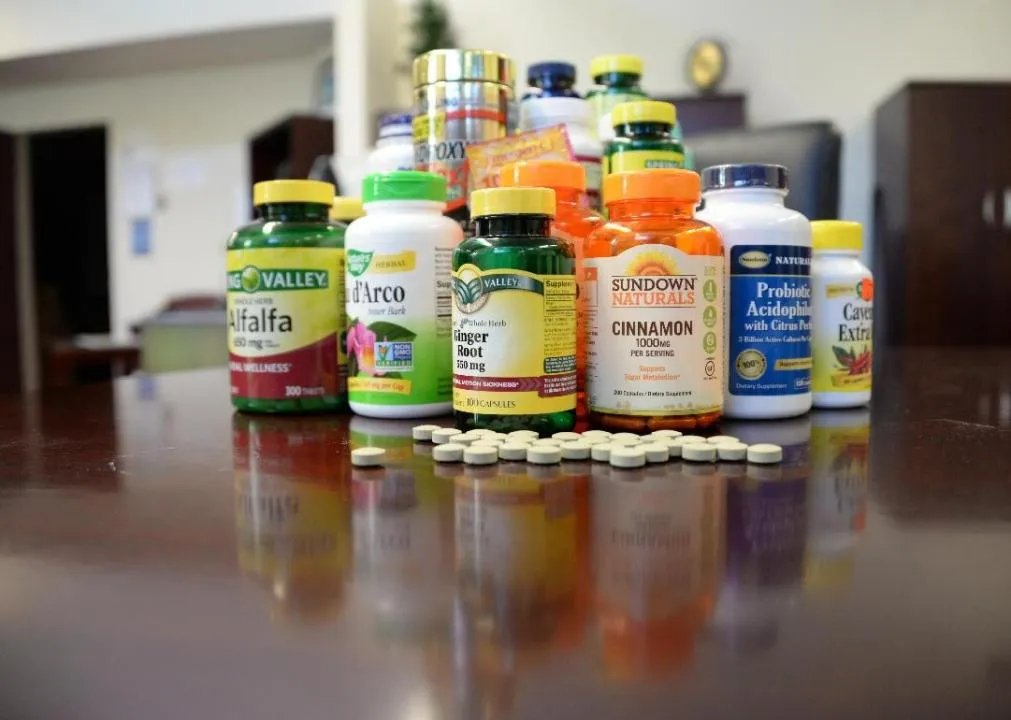
No: Human vitamins and nutritional supplements
It is a bad idea to give your dogs human medicine, even if it something as seemingly innocuous as a vitamin. Most vitamins and mineral tablets are dosed for an adult human, who is larger than the average dog and has different nutritional needs. Even low-dosage vitamins, such as those meant for children, may cause an overdose with your pet. Particularly dangerous are prenatal vitamins, which have a higher concentration of iron. These vitamins may cause iron toxicity in dogs.
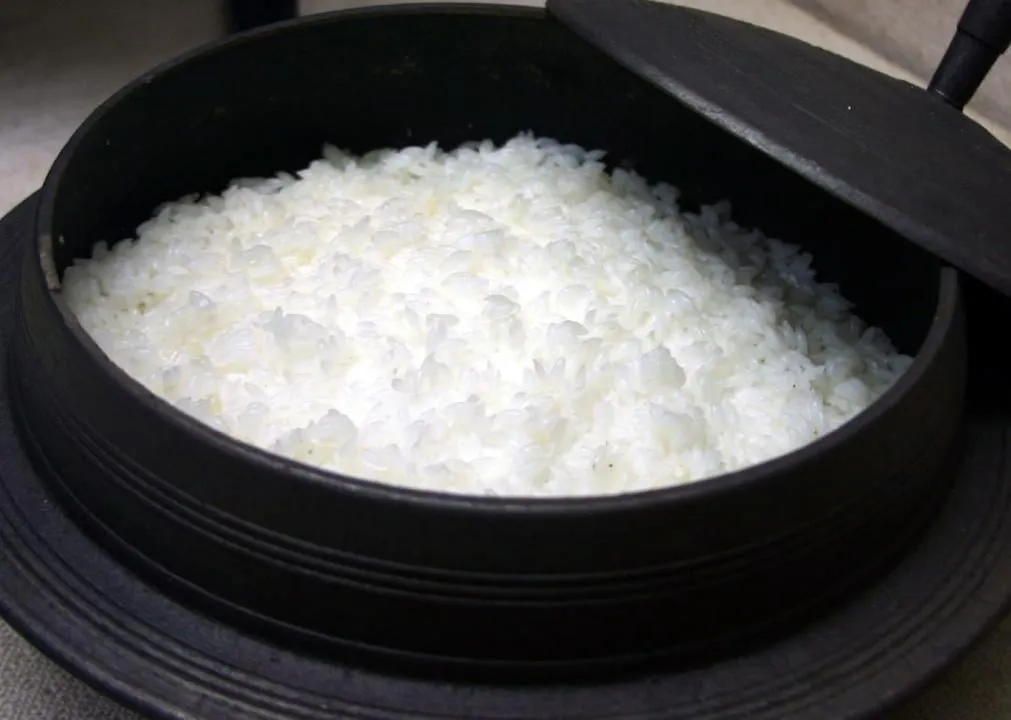
Yes: Cooked white rice
Cooked white rice is great for dogs, particularly if they are having stomach problems, White rice is easy to digest and will bind their stool. However, white rice may also spike their blood sugar levels, so be careful. Dogs with diabetes should only eat white rice occasionally and in small amounts.

No: Liver
Liver is rich in vitamin A, which may be okay in small amounts. Too much, however, will cause a vitamin overdose in your dog, affecting his bones and muscles.
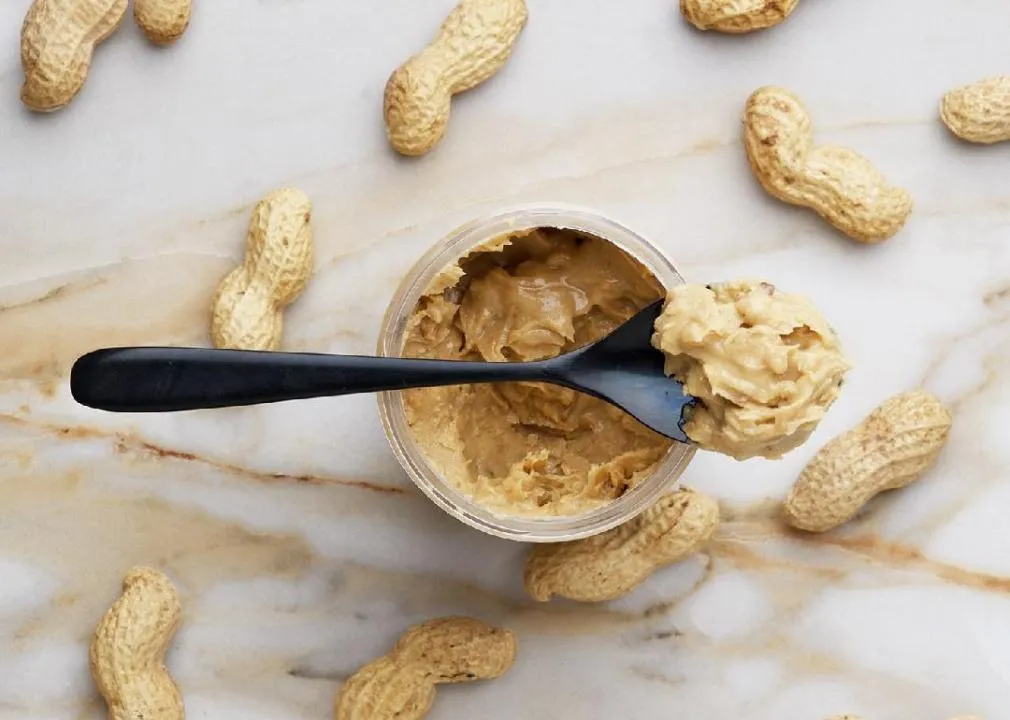
Yes: Peanut butter
Unsalted, unsweetened peanut butter is fine for dogs in moderation. Peanut butter has many healthful fats, vitamins B and E, and protein. However, it is essential that you read the label. If the peanut butter contains "xylitol," do not feed it to your dog.
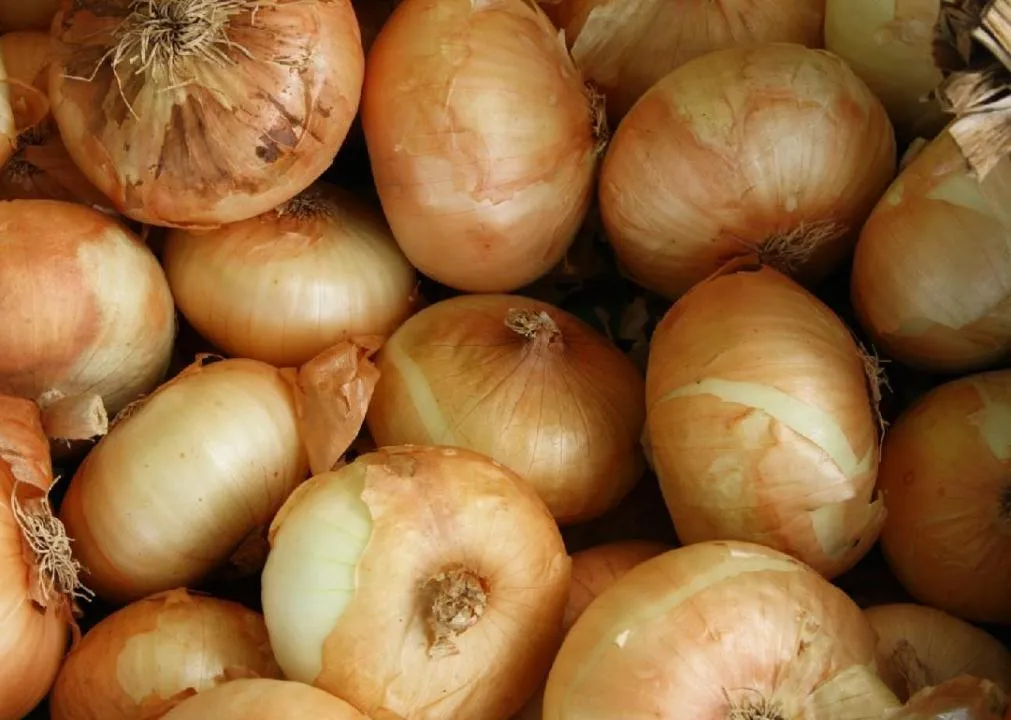
No: Onions
Onions are bad news for dogs, Regardless of their form—raw, cooked, powdered, cooked with other foods, etc.—onions may cause anemia in your dog and may lead to permanent red blood cell damage.
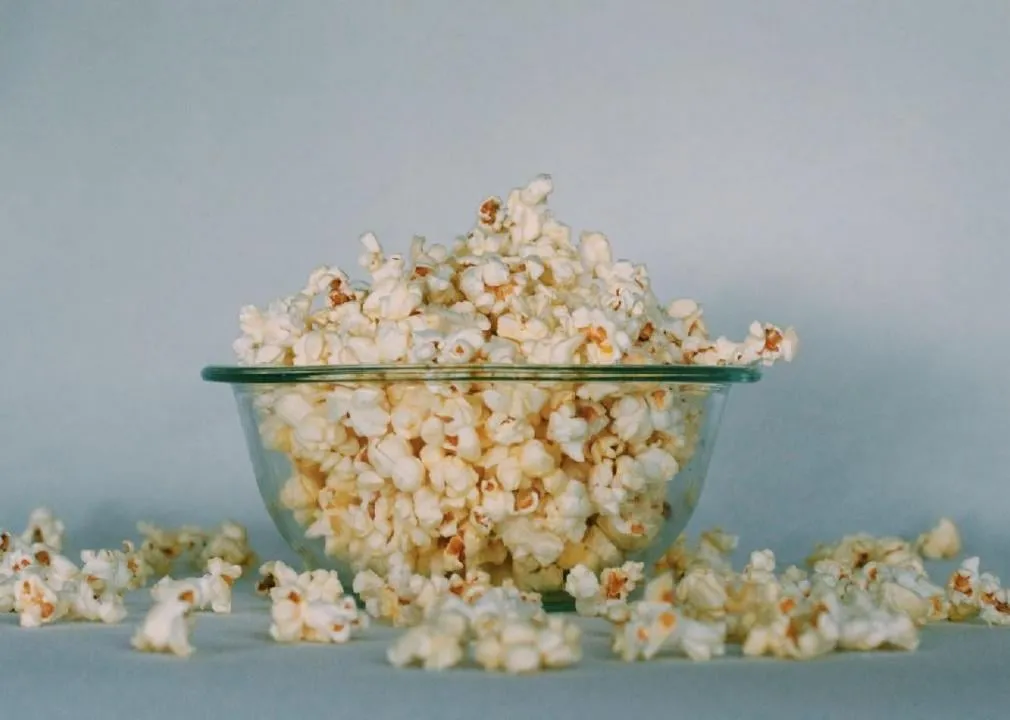
Yes: Plain popcorn
Plain popped popcorn is a treat for dogs. It contains many needed minerals that are essential for keeping your dog healthy. You should take care, though, to remove all unpopped kernels, as they are a choking hazard.

No: Milk
Just like in some humans, milk causes "tummy troubles" in dogs: diarrhea, indigestion, and flatulence. Milk can also cause other food allergies to emerge, so for your own state of mind, keep milk from the dog.
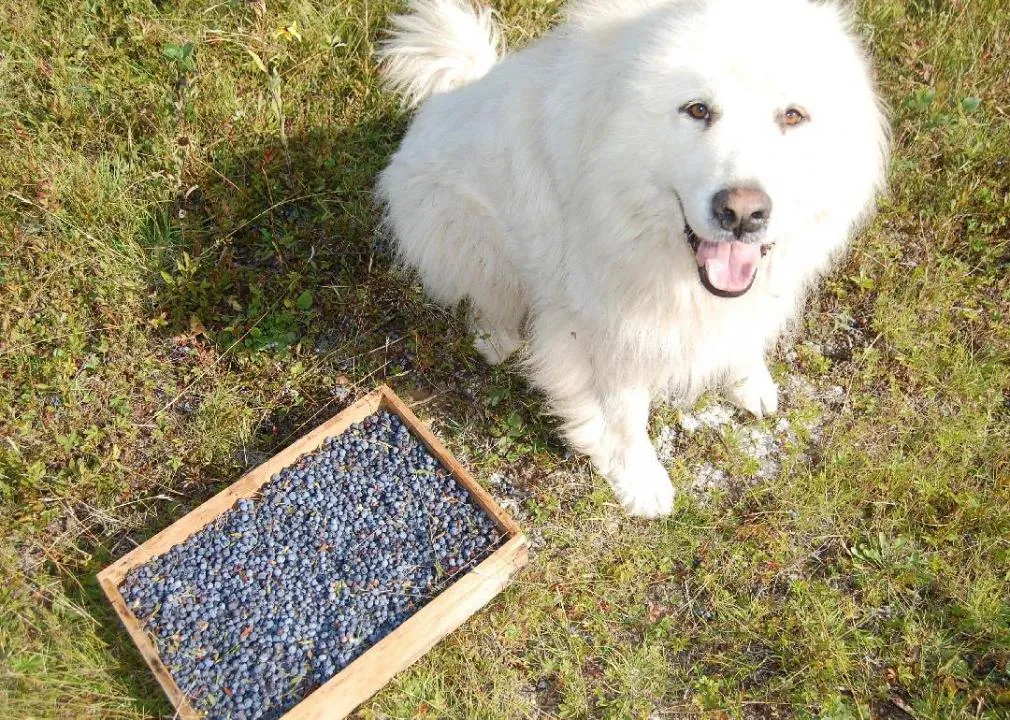
Yes: Blueberries
Dogs often like sweet things, and blueberries—when in season—are sweet. Blueberries provide dogs with a source of dietary fiber and antioxidants. For older dogs, blueberries can help reduce age-related issues.
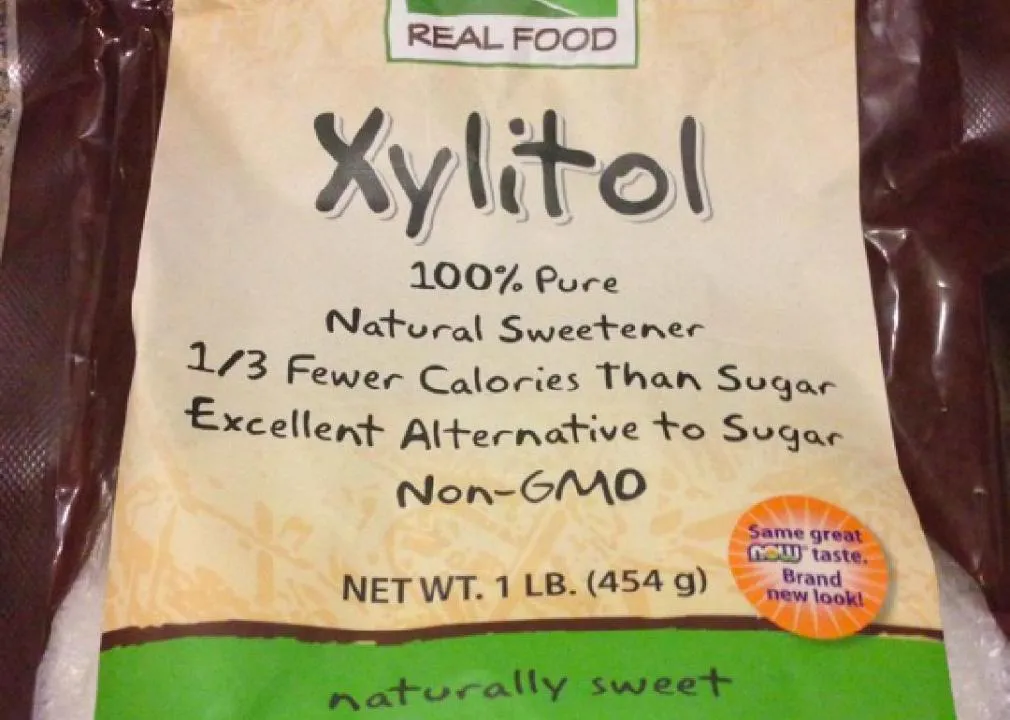
No: Xylitol
Xylitol is a naturally occurring sugar alcohol that is used as a sugar substitute in many manufactured goods. As with grain alcohol, sugar alcohols are not great for pets. It will trigger a release of insulin, dangerously dropping your dog's blood sugar level. This will cause hypoglycemia that may be fatal if not treated promptly. As xylitol tends to appear in sugar-free gum, candies, mints, and baked goods, and dogs do have a sweet tooth, dog owners should avoid keeping products that have the chemical within reach of your pet.

Yes: Cucumbers
Cucumbers are rich in vitamin K. They are a low-calorie snack that is safe for your dog. For overweight dogs, cucumbers may be the ideal treat.
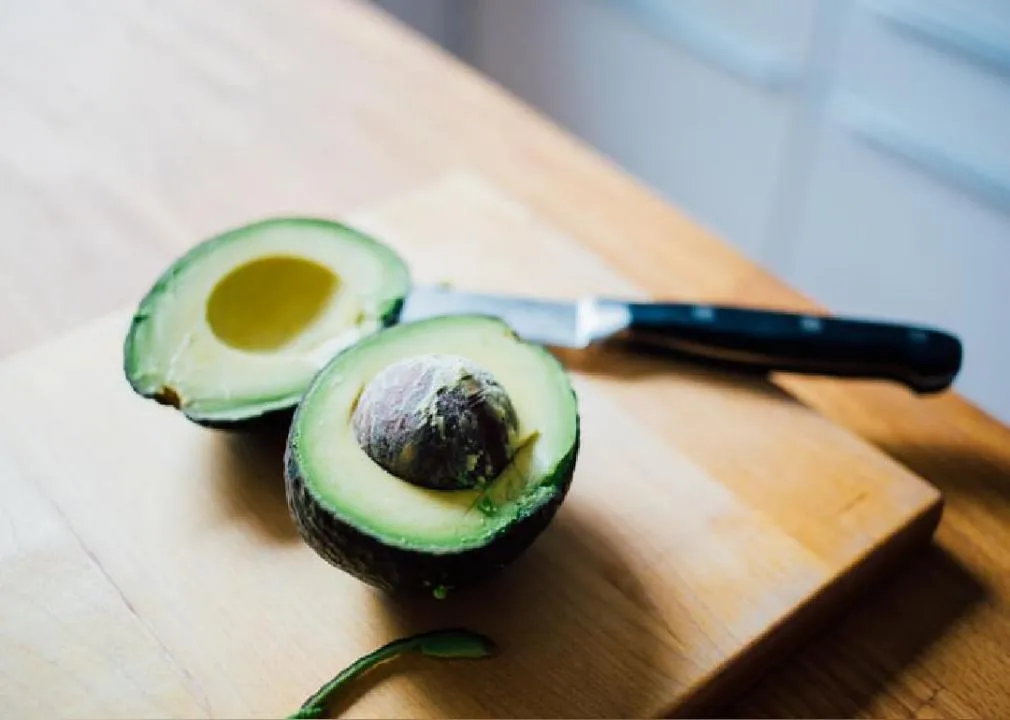
No: Avocado
Avocado contains a chemical called persin that, in humans, has been found to kill breast cancer cells. Avocado in large amounts can cause an overdose of persin in your dog, leading to more tummy troubles. The bigger threat comes from the pit, which your dog may choke on if swallowed whole.
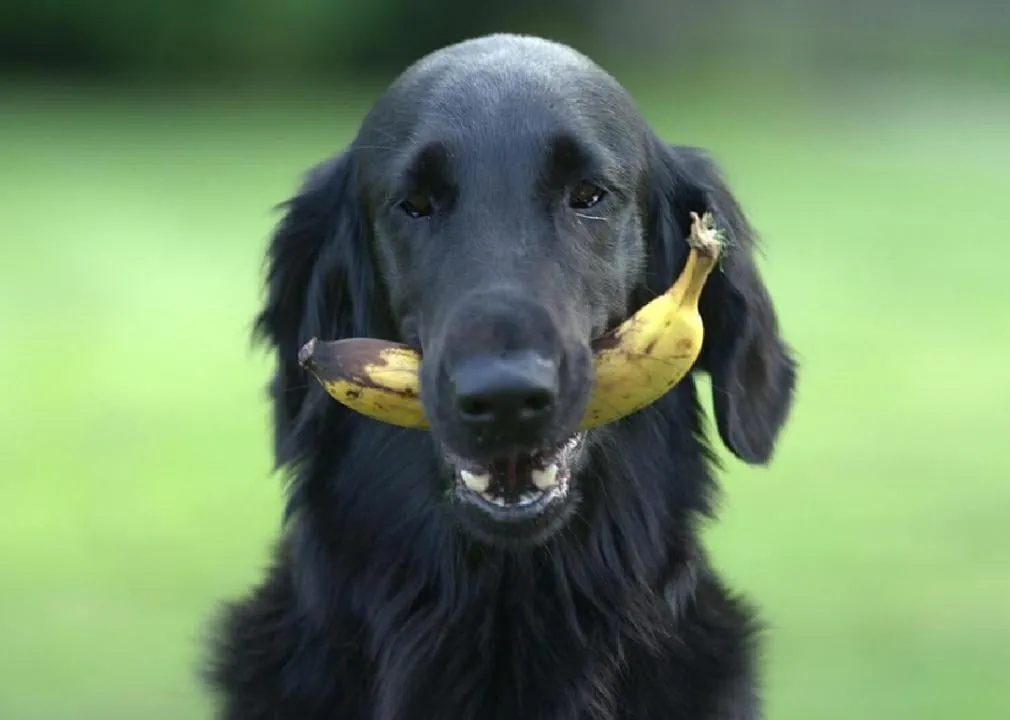
Yes: Bananas
A dog can eat bananas in moderation, though sugar-rich bananas can spike a dog's blood sugar level. In small amounts, however, bananas can provide your dog with magnesium and potassium.
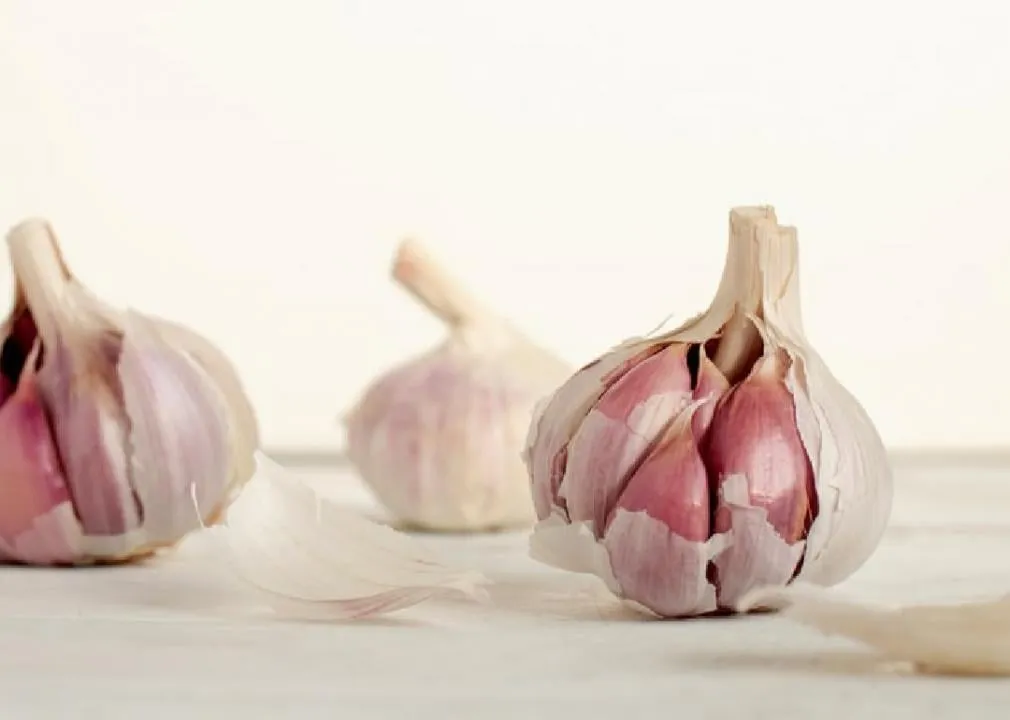
No: Garlic
Just like onions, onion relatives like garlic, chives, scallions, and leeks can also cause anemia. An occasional small accidental dose will probably not be catastrophic, but it's important to remember these ingredients can be toxic for dogs.

Yes: Watermelon
Watermelon is perfectly fine for your dog. Be sure to avoid the seeds, as they can block your dog's small intestines, and the rind which can easily cause an upset stomach for your pet.

No: Caffeine
Caffeine is bad for dogs. This cannot be stressed enough. Just like vitamins, it is a dosage issue. Just as it affects humans, it will cause jitteriness, heart palpitations, increased heartbeat, and heightened anxiety. A safe amount for a human may be too much for your dog. If your dog eats caffeine, you may have as little as 30 minutes to get help. This means that soda, coffee, tea, cocoa, chocolate, and medications that contain caffeine are all on the "do not feed to your dog" list.
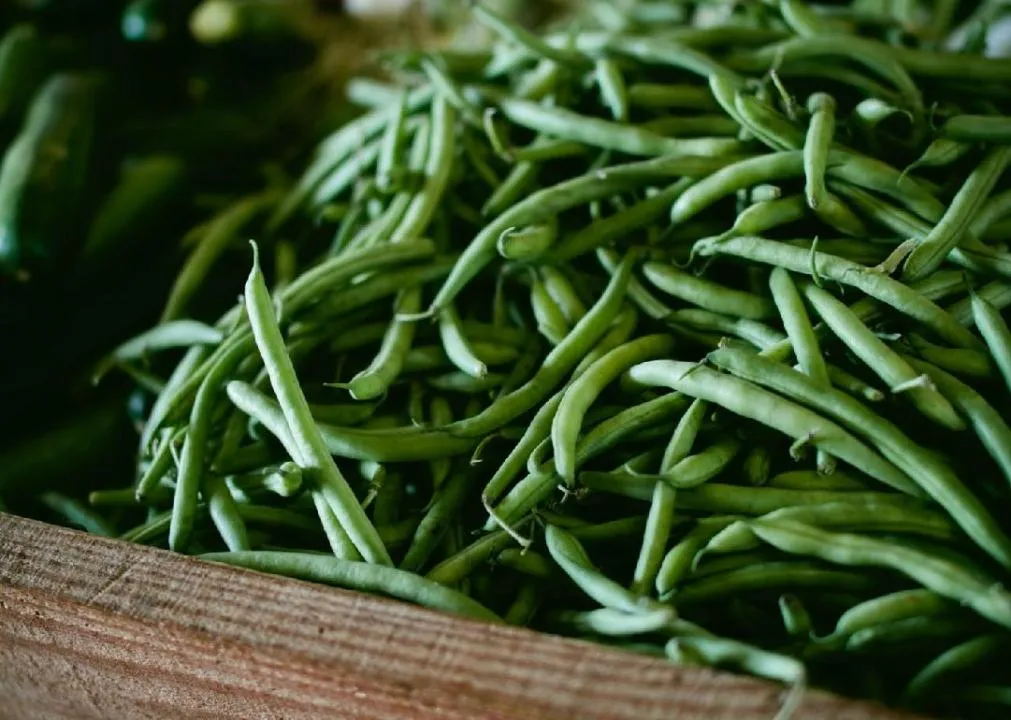
Yes: Green beans
Green beans—raw or cooked—are fine for dogs. They are a good source of protein and contain essential minerals like calcium, iron, and vitamin K. Make sure you chop them up first to avoid choking.
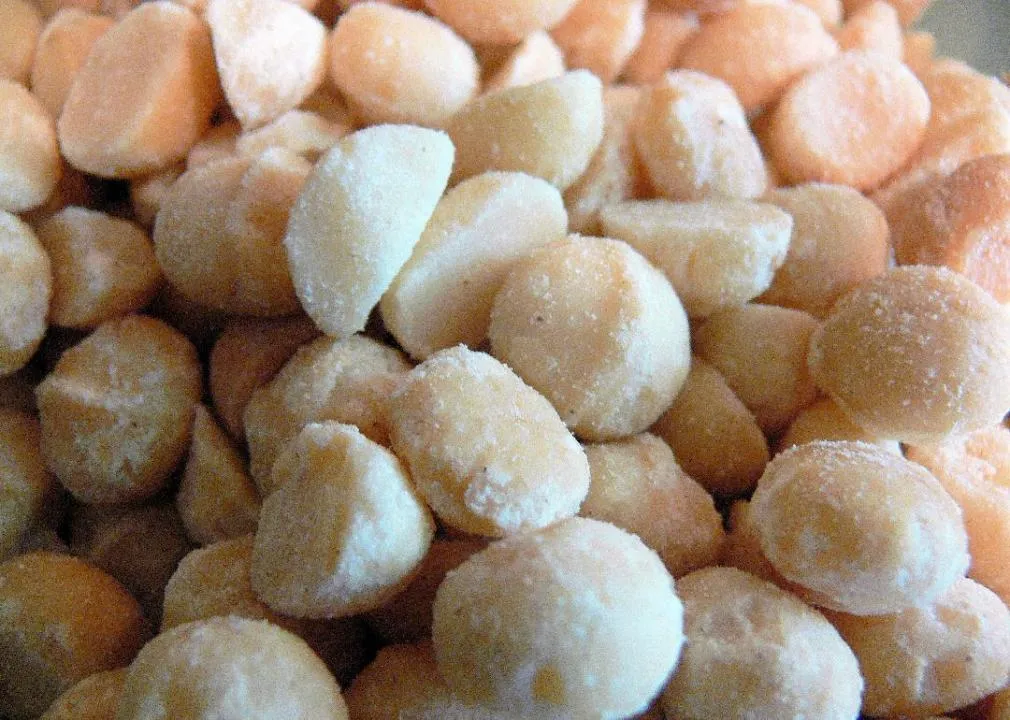
No: Macadamia nuts
It would only take six macadamia nuts to make your dog sick. The nut will cause muscle spasms and vomiting, as well as an increase in the dog's core temperature. Eating chocolate-covered macadamia nuts is doubly bad for reasons we will talk about later. Pecans and walnuts are also bad for dogs.

Yes: Carrots
Carrots are good for dogs in many different ways. One, chewing on them can help remove plaque from your dog's teeth, promoting good dental health. Two, carrots have vitamin A, which is essential for dogs' immune systems. Make sure you chop up the carrots and only give your dog carrots in moderation. Too much vitamin A can be toxic to dogs.

No: Chocolate
We have already discussed why chocolate is bad for dogs because of its caffeine content, but that's not chocolate's only problem. Chocolate contains theobromine, a chemical that some humans have a sensitivity or allergy to. With dogs, theobromine is outright toxic. It will cause vomiting, diarrhea, heart problems, seizures, and potentially death. Theobromine is in all forms of chocolate, including white chocolate and cocoa.

Yes: Cooked eggs
Raw eggs are not okay for dogs, but cooked eggs are. One medium egg can provide a dog almost every vitamin and mineral he needs, plus protein. It would not be a terrible idea to slip a cooked egg into your dog's bowl every now and then. Just make sure that the egg is shell-less; dogs can choke on the shells.
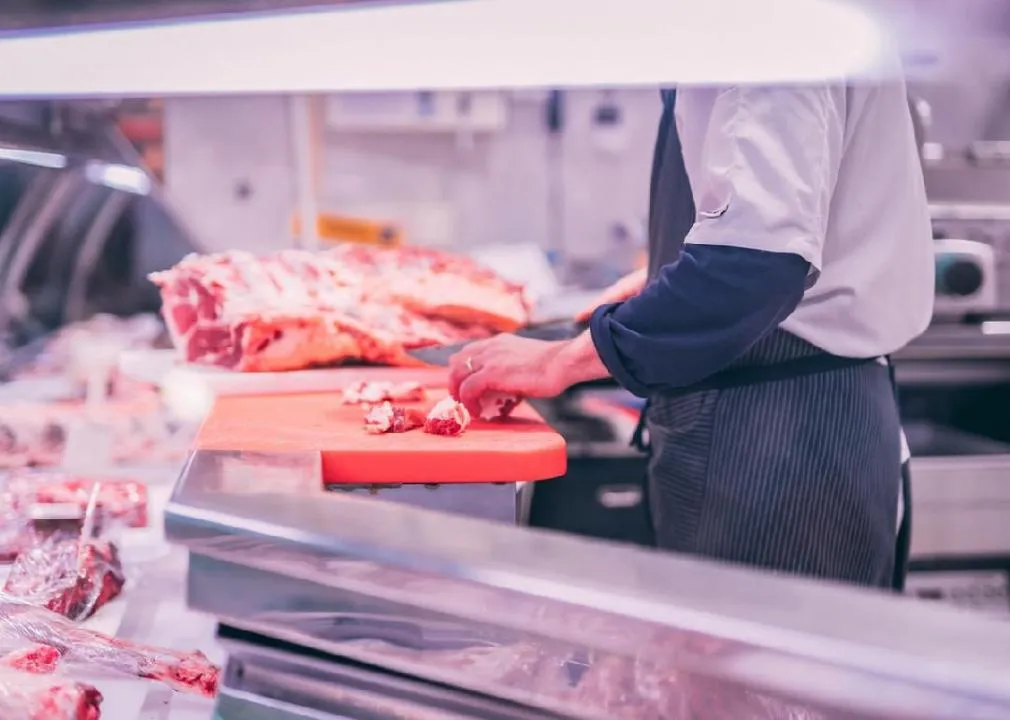
No: Meat trimmings (bones and cooked fat)
You may think that giving your dog the fat and bone from your steak dinner is a treat for him. You should strongly reconsider. While fat is typically present in dog food, cooked animal fat may be difficult for dogs to digest, possibly causing pancreatitis. Bones can splinter, causing cuts in your dog's digestive system.
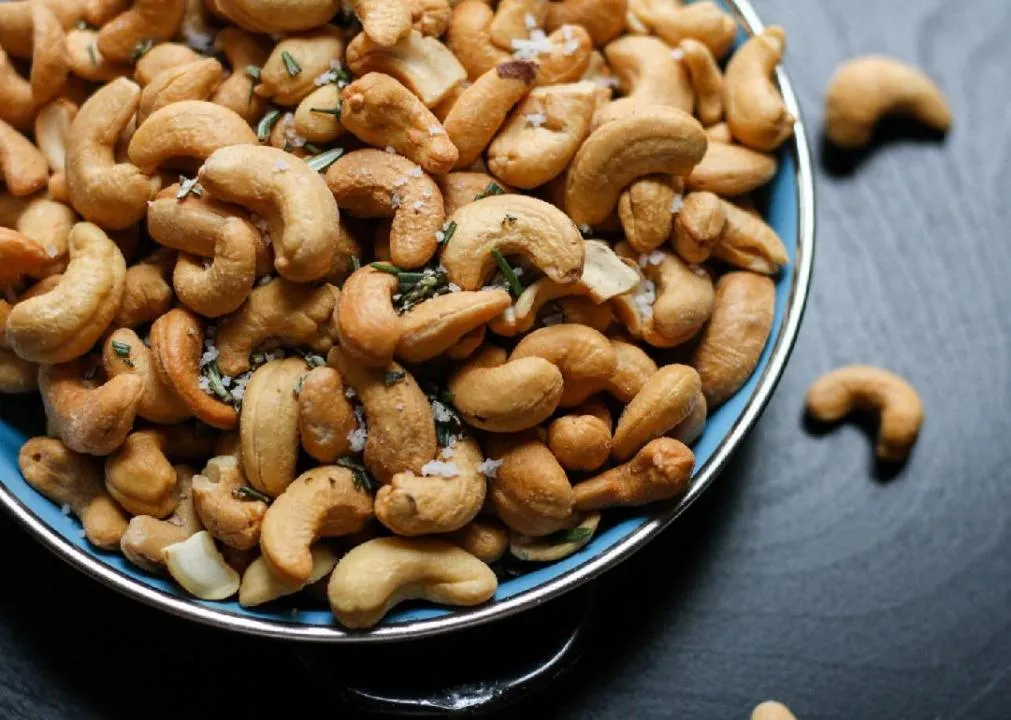
Yes: Cashews
You can give your dogs plain, unsalted, roasted cashews, but only in moderation—one or two per day, at most. Cashews are high in fat and may lead to pancreatitis when eaten in higher quantity. Similarly, almonds should be limited, as they are hard to eat and digest and may lead to vomiting and diarrhea.

No: Fruit with pits
Besides the choking hazard that comes from the pits of fruits such as peaches and plums, pits can block a dog's small intestines. These fruits' pits also contains cyanide, which can be fatal if ingested by most animals.
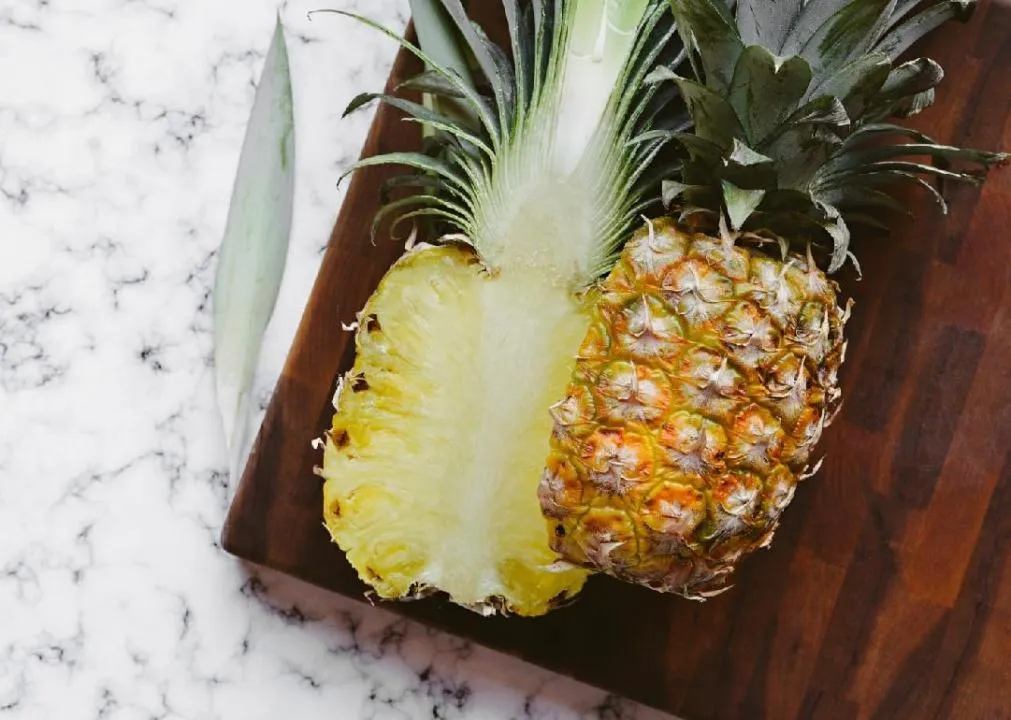
Yes: Pineapple
Fresh pineapple is safe in small amounts. Pineapple has many vitamins and minerals your dog needs, as well as dietary fiber. Too much pineapple, however, may cause nausea and diarrhea.
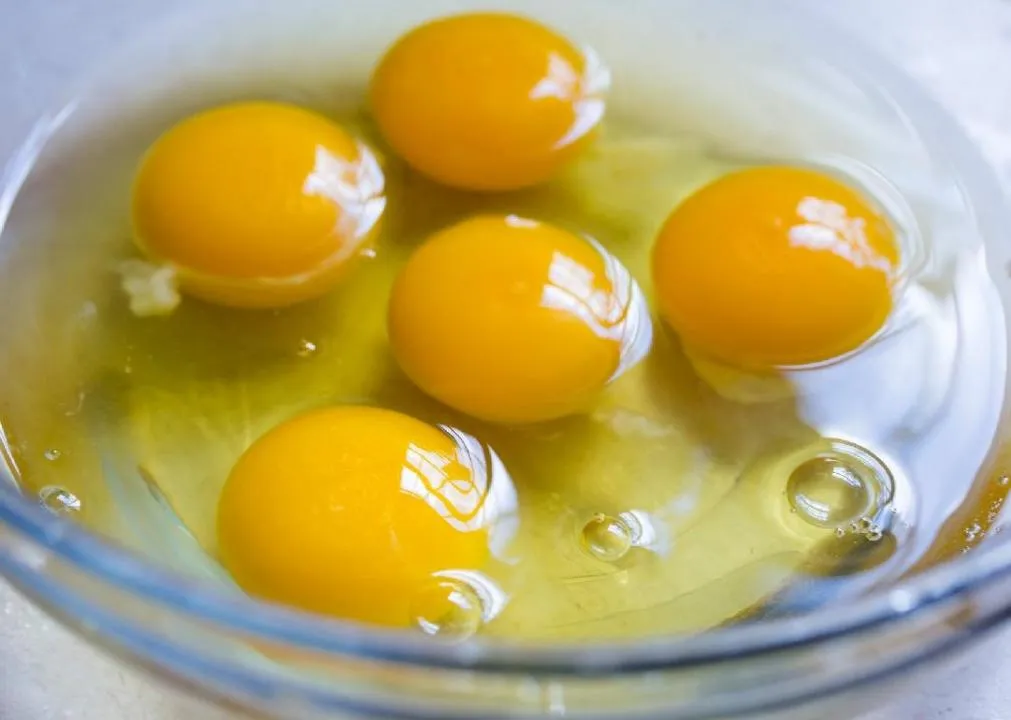
No: Raw eggs
Raw eggs pose the same risks to dogs that they do with humans. Consumption of raw eggs raises the risk of your dog contracting food poisoning, increasing the possibility of exposure to salmonella or E. coli.

Yes: Bread
Dogs can eat plain white or whole grain bread. It is important, though, that you check that there are no hazardous ingredients in the bread, like cinnamon, raisins, or artificial sweeteners. Dogs should eat bread in moderation, as it is a calorie-rich food that has little nutritional value.
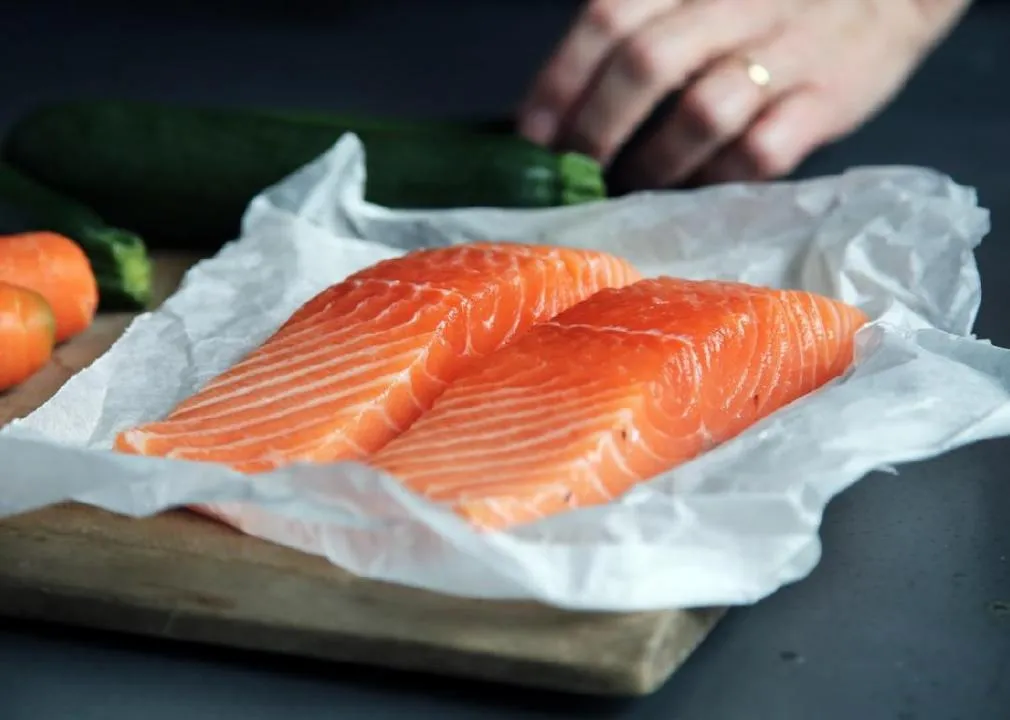
No: Raw fish
Feeding raw fish to your dog is dangerous under all circumstances. Certain fish, like salmon, trout, sturgeon, and shad may contain a parasite that can cause "salmon poisoning disease." This is potentially fatal to dogs. Cooking the fish usually kills the parasite.
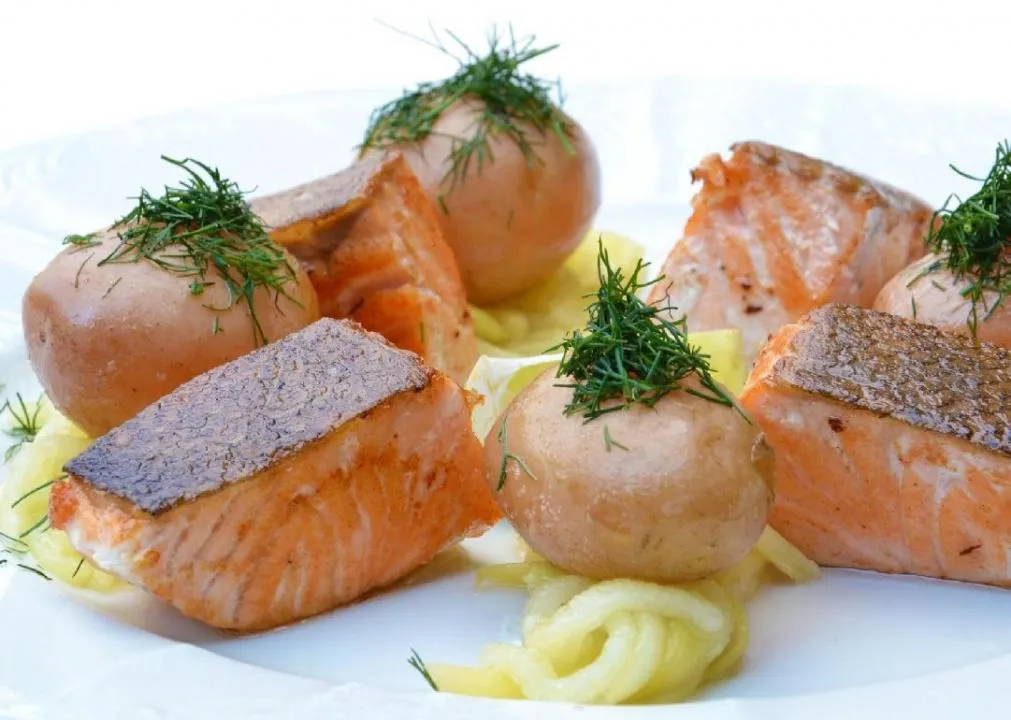
Yes: Cooked fish
Cooked fish is a safe source of protein, omega-3 fatty acids, and vitamin B. Salmon, deshelled shrimp, and tuna are all great choices, as long as you remove the pin bones.
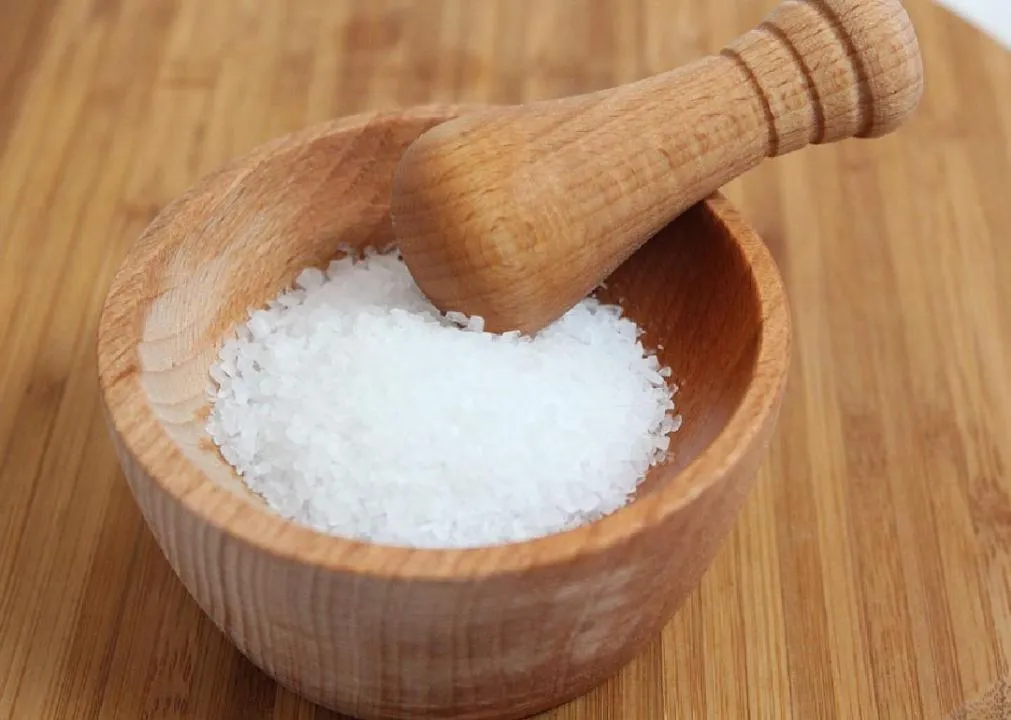
No: Salt
Too much salt can be problematic for your dog. Salt can dehydrate your dog, forcing it to drink more. This can lead to kidney and bladder problems. Too much salt can cause sodium ion poisoning, which may lead to vomiting, diarrhea, seizures, high temperatures, tremors, and even death.
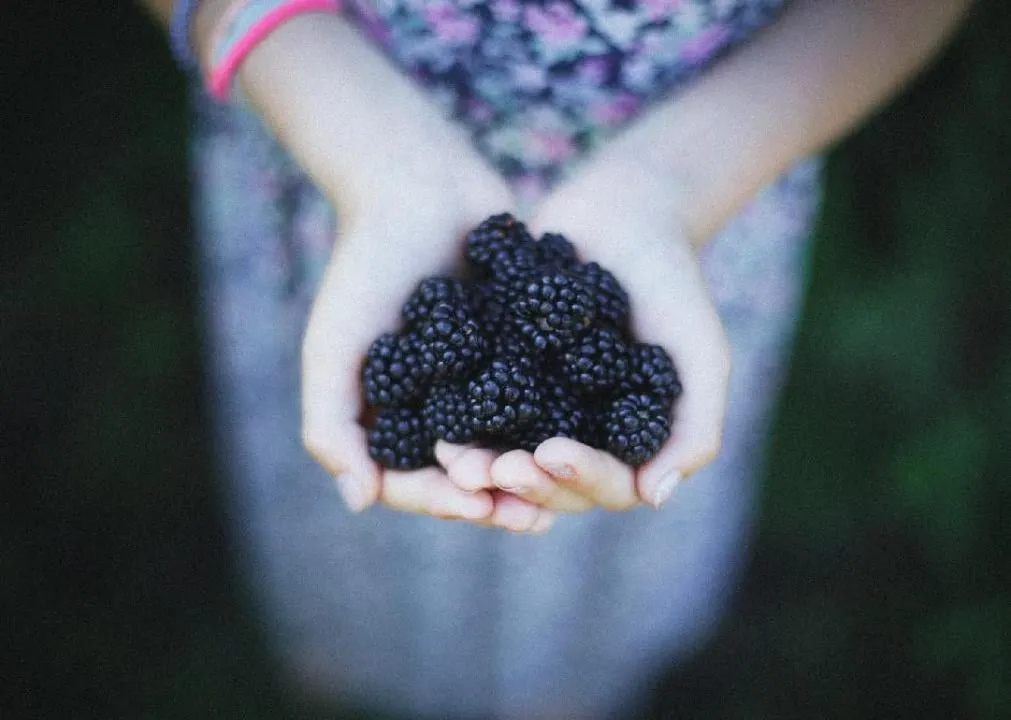
Yes: Blackberries
Like blueberries, it is fine to feed your dog blackberries. They are low in calories, high in vitamins and minerals, and a natural antioxidant. Blackberries are also high in fiber. Hulled strawberries are fine, too.
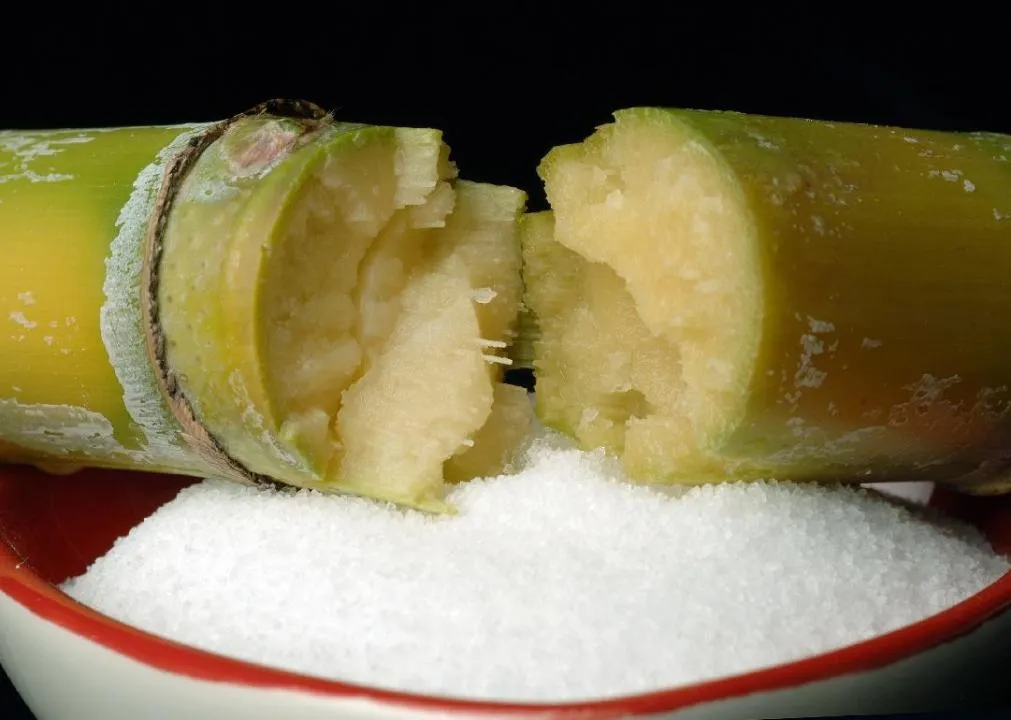
No: Sugar
Unfortunately, sugar affects dogs the same way it affects humans. It may lead to teeth problems, obesity, and even diabetes (yes, dogs can get diabetes).
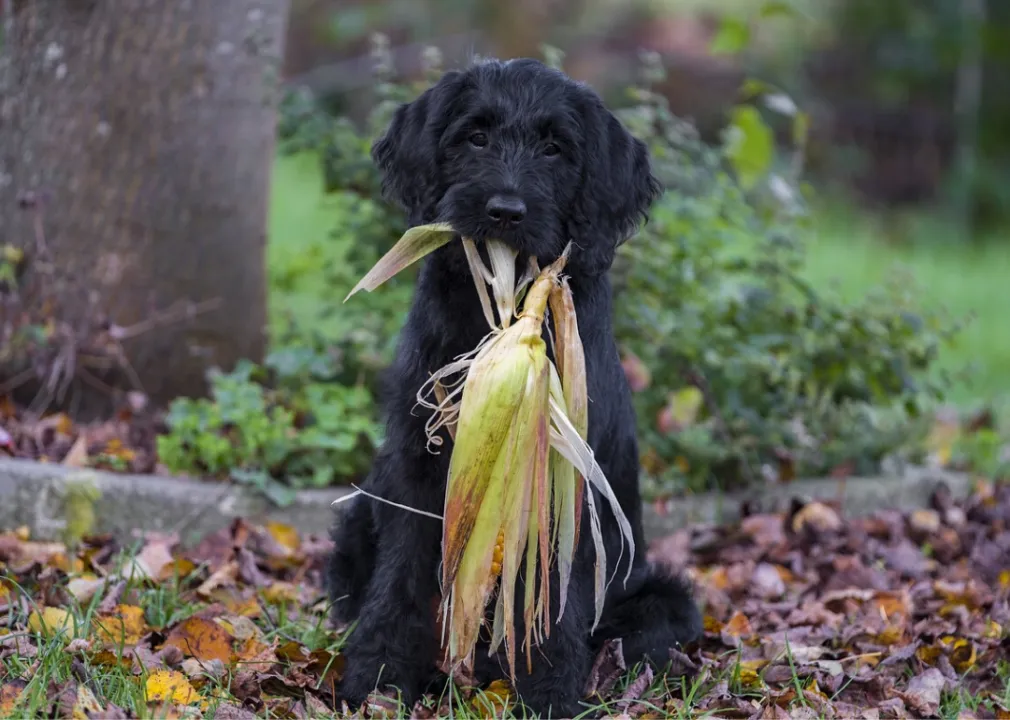
Yes: Corn
Dogs can eat cooked corn kernels in small amounts (a tablespoon or two per day). Most commercial dog foods contain corn. You should not, however, feed your dog raw corn, corn on the cob, or seasoned corn. Dogs may not be able to digest raw kernels and corn on the cob could cause an internal obstruction.

No: Raw yeast dough
A dog's stomach is nowhere as acidic or flexible or resistant as a human stomach. When we eat raw yeast dough, our saliva breaks down the starch and sugars while our stomach acids kill the yeast. In the rare case it manages to continue fermenting, it may cause irritation, but it is usually manageable. In dogs, the digestive chemistry is different, so that same raw dough will likely still be rising in the dog's digestive tract. This may cause stretching, which would put your dog in pain. Also, the dough is producing alcohol, which your dog cannot process.
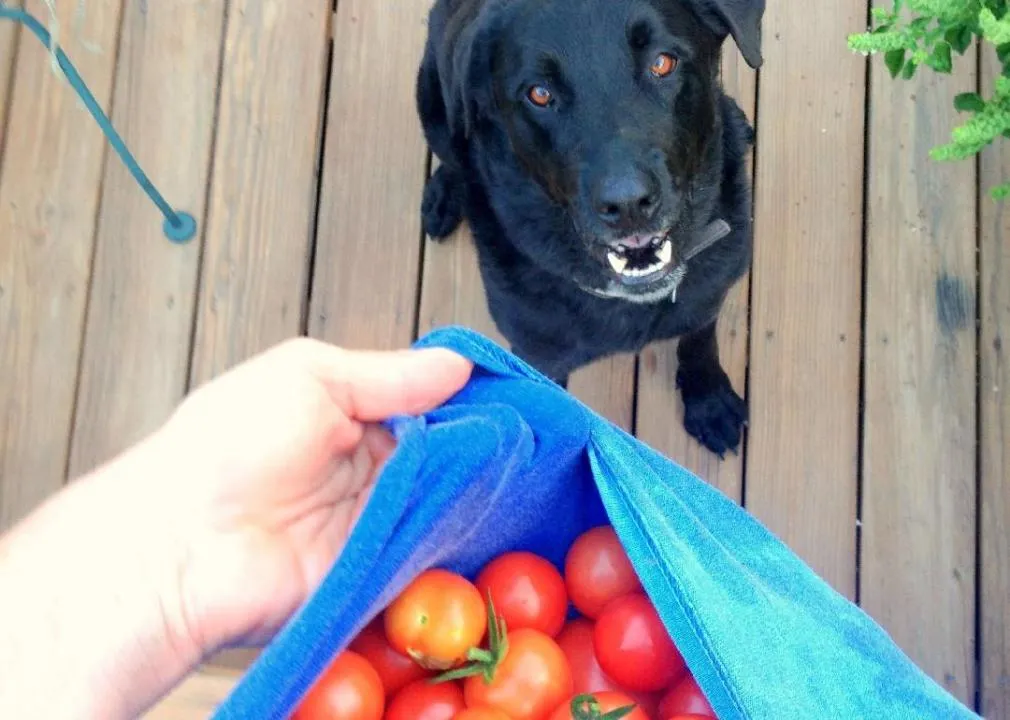
Yes: Ripe tomatoes
Dogs can occasionally eat fresh tomatoes, as long as they are ripe. Green tomatoes, however, may be toxic to dogs. Green tomatoes may cause nausea, an abnormal heartbeat, and muscle weakness.

No: Human medicine
By now, you should have caught on that while there are similarities, humans and dogs are two vastly different animals. Medicine that may work on a human may be ineffective on a dog, or worse, toxic. Even if the medicine does work, the dosage would be vastly different. This applies to prescription and over-the-counter medicines.
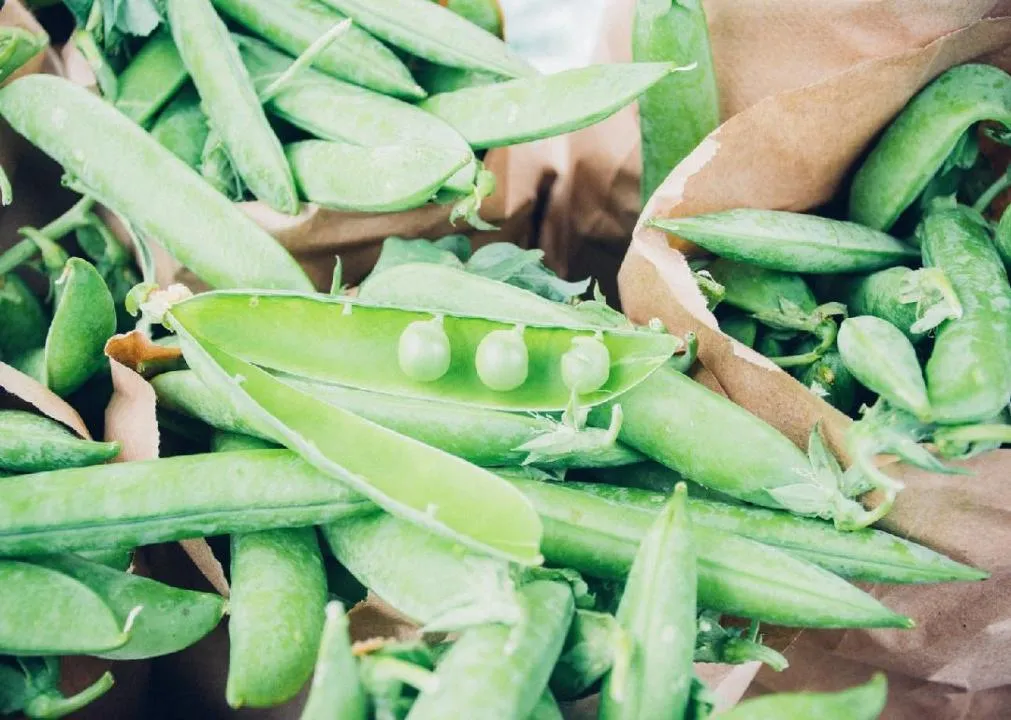
Yes: Green peas
Another common ingredient in commercial dog foods, green peas are fine for dogs. However, one should only feed their dog fresh or frozen peas; canned peas tend to be high in salt, which is bad for dogs.
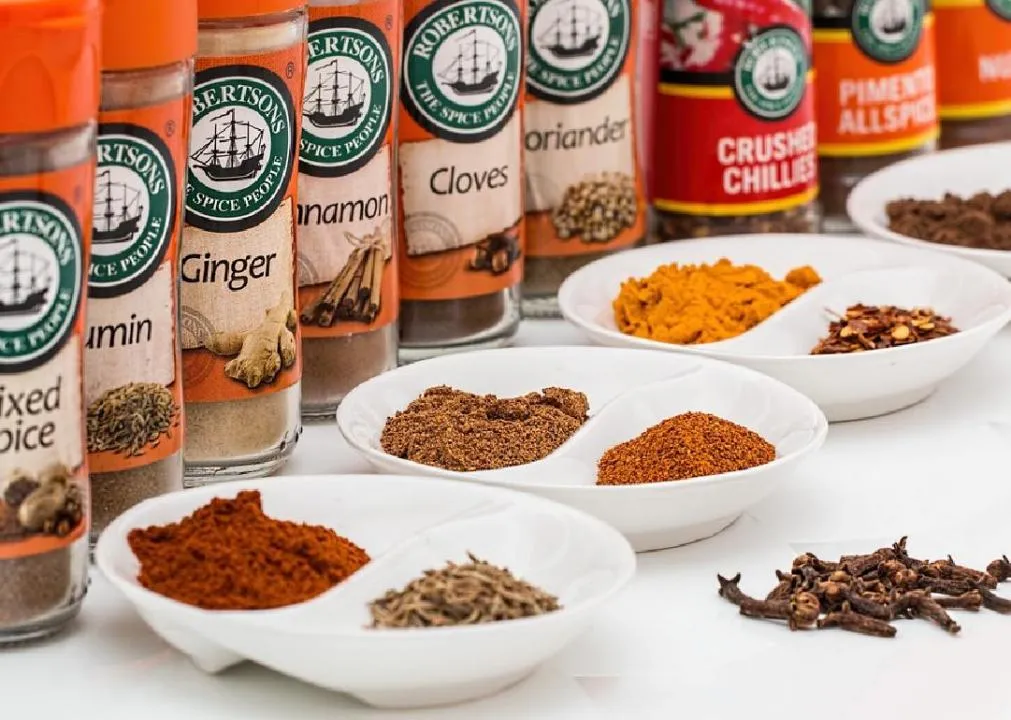
No: Spices
Most of the spices that go into everyday baking and cooking are terrible for dogs, such as nutmeg and cinnamon, which are both toxic to dogs. Salt may dehydrate your dog and black pepper may inflame the dog's breathing membranes. Keep spices and seasonings high enough that your dog cannot reach.

Yes: Pumpkins
Pumpkins are a superfood for dogs. The squash can help correct urination and digestion problems, can add bulk to your dog's stool, and can even encourage weight loss. Pumpkin is low in calories, but is packed with vitamins and fiber. Every part of the pumpkin can be fed to dogs, although one should cook pumpkin flesh first. A medium-sized dog can eat one or two tablespoons of pumpkin a day, plus a few seeds.

No: Hot Peppers
Let's start by saying that bell peppers are fine to give to dogs, given that they are cooked, chopped fine, or peeled—the outer skin is a choking hazard. They are low in calories, packed with vitamin C, and are naturally sweet. What you should not do is feed your dogs hot peppers or chiles. They will agitate the dog's digestive tract.
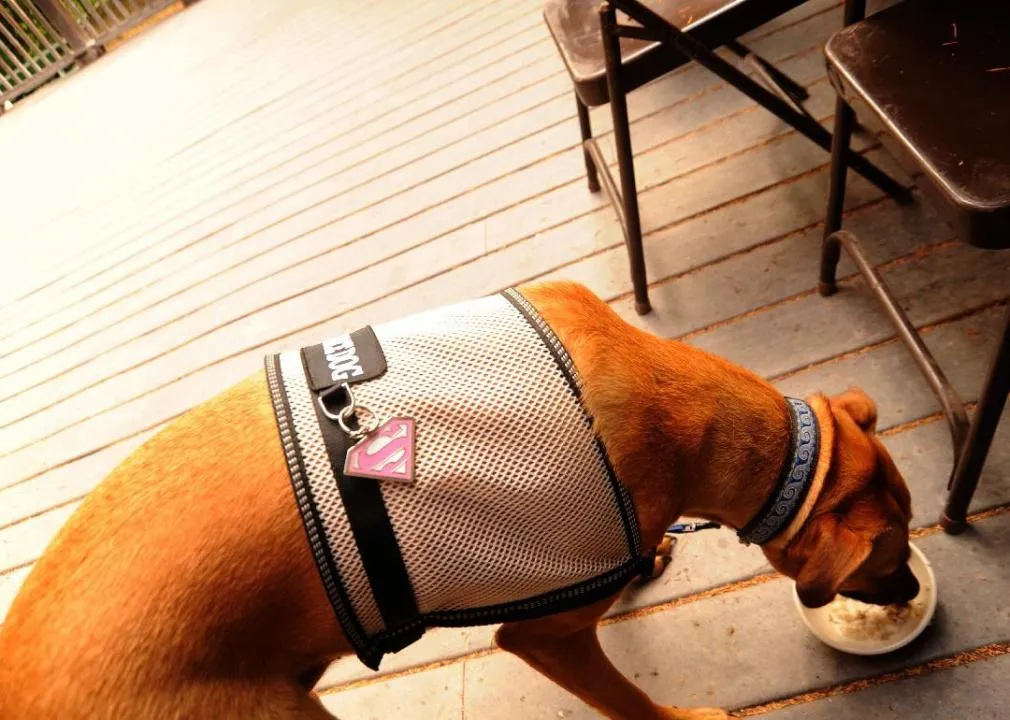
Yes: Oatmeal
Plain, cooked oatmeal is safe for your dog in moderation. Oatmeal will provide your dog with dietary fiber, as well as some minerals. Oatmeal, however, is calorie-dense, so be careful with portions or your dog may inadvertently gain weight.
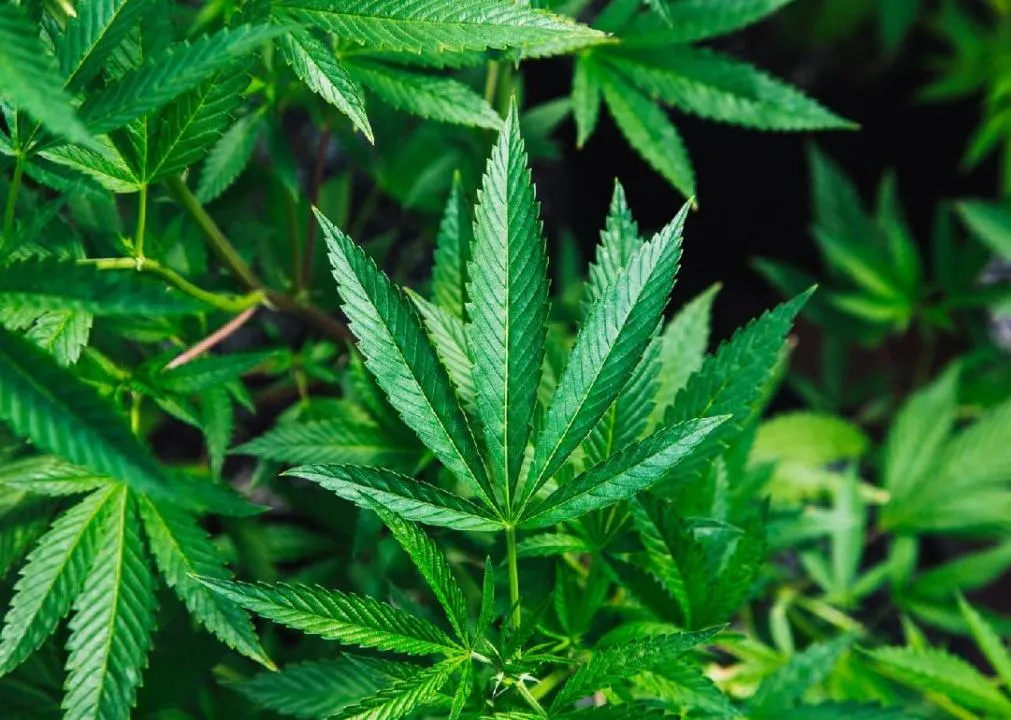
No: Marijuana
This should go without saying. Science is not sure exactly how marijuana affects dogs, but it is not the same as it affects humans. A dog will get high, but as dogs are smaller than humans, a human-size dose may trigger an overdose in our four-legged friend. Marijuana can make dogs lethargic, lower a dog's blood pressure, cause breathing problems, cause heart palpitations, and may lead to urinary incontinence. CBD oil at a THC concentration of no more than 0.3% is fine, though. Consider this: how fun is it to get high when you are not aware that you are getting high? This might cause a panic attack in a human. Imagine what this would do to your dog.
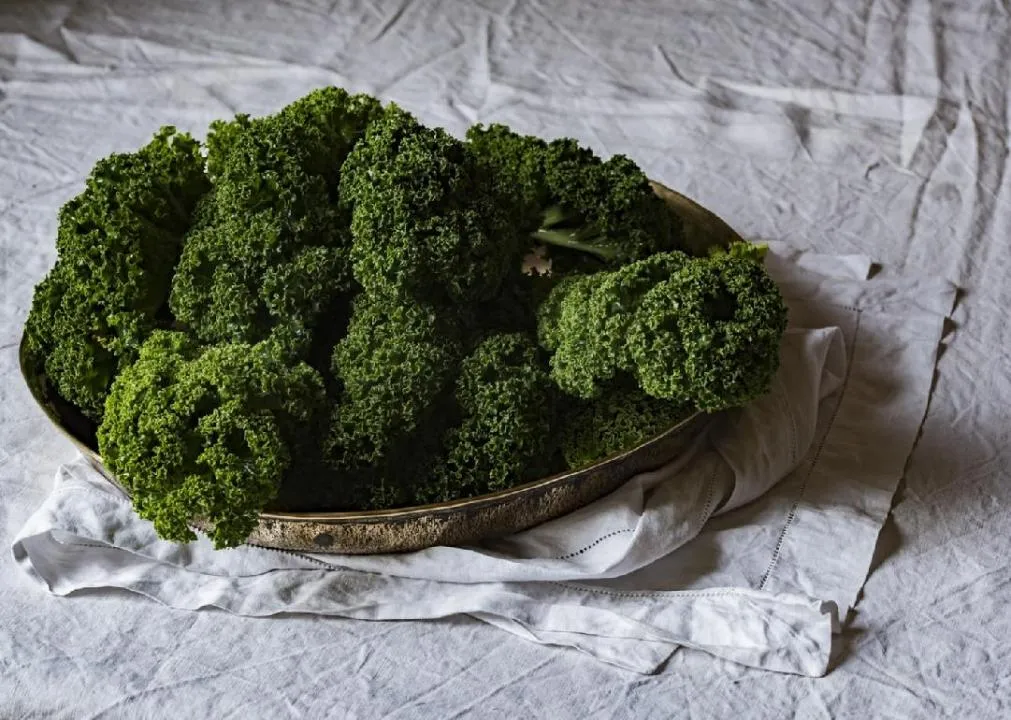
Yes: Broccoli
Your dog can eat broccoli raw or cooked in moderation. Broccoli is low in calories, with high vitamins, minerals, and fiber content. Too much broccoli, however, will irritate your dog's digestive tract. Feed him broccoli as an occasional snack and be sure to chop it up to avoid choking.

No: Tobacco
Tobacco has nicotine, which is lethally toxic to dogs. It can take as little as one hour for nicotine poisoning to manifest in a dog. A poisoned dog may show signs such as vomiting, tremors, abnormal heart rate, and weakness. Keep all tobacco products away from your dog and avoid smoking around him.

Yes: Sweet potatoes
It is fine to add cooked sweet potatoes to your dog's diet as an occasional snack or as a supplement to his regular feed. Sweet potatoes are easy to digest and is rich in vitamin A. It is dangerous, however, for your dog to get too much vitamin A, so moderation is essential.

























